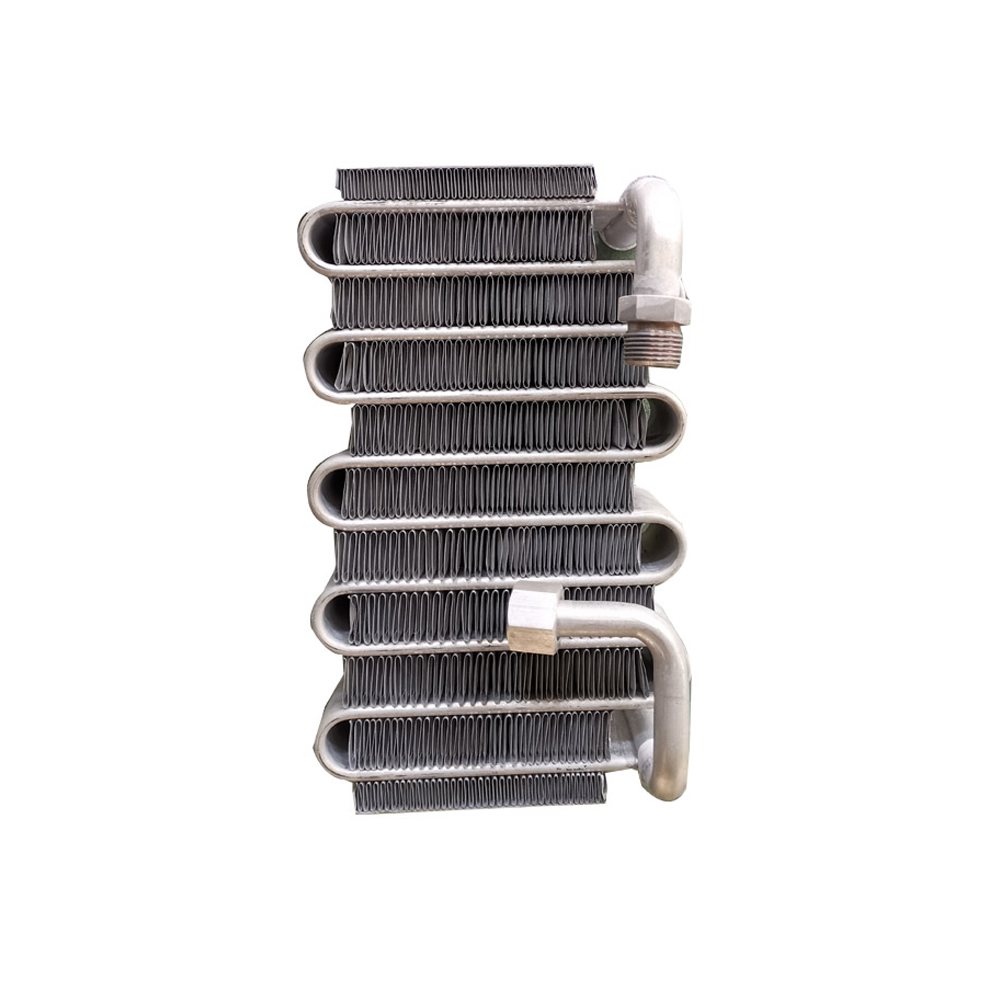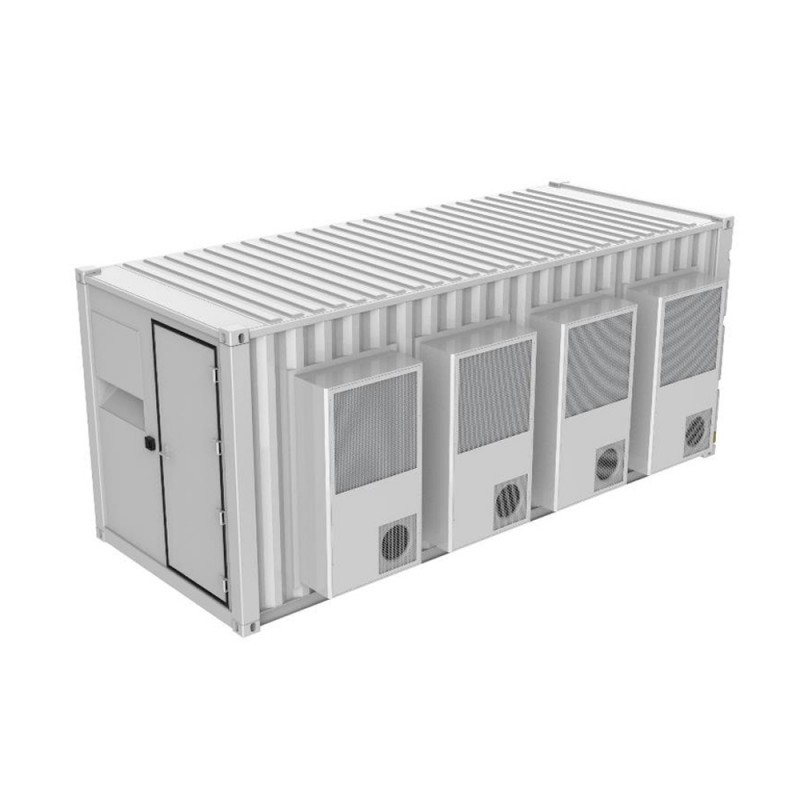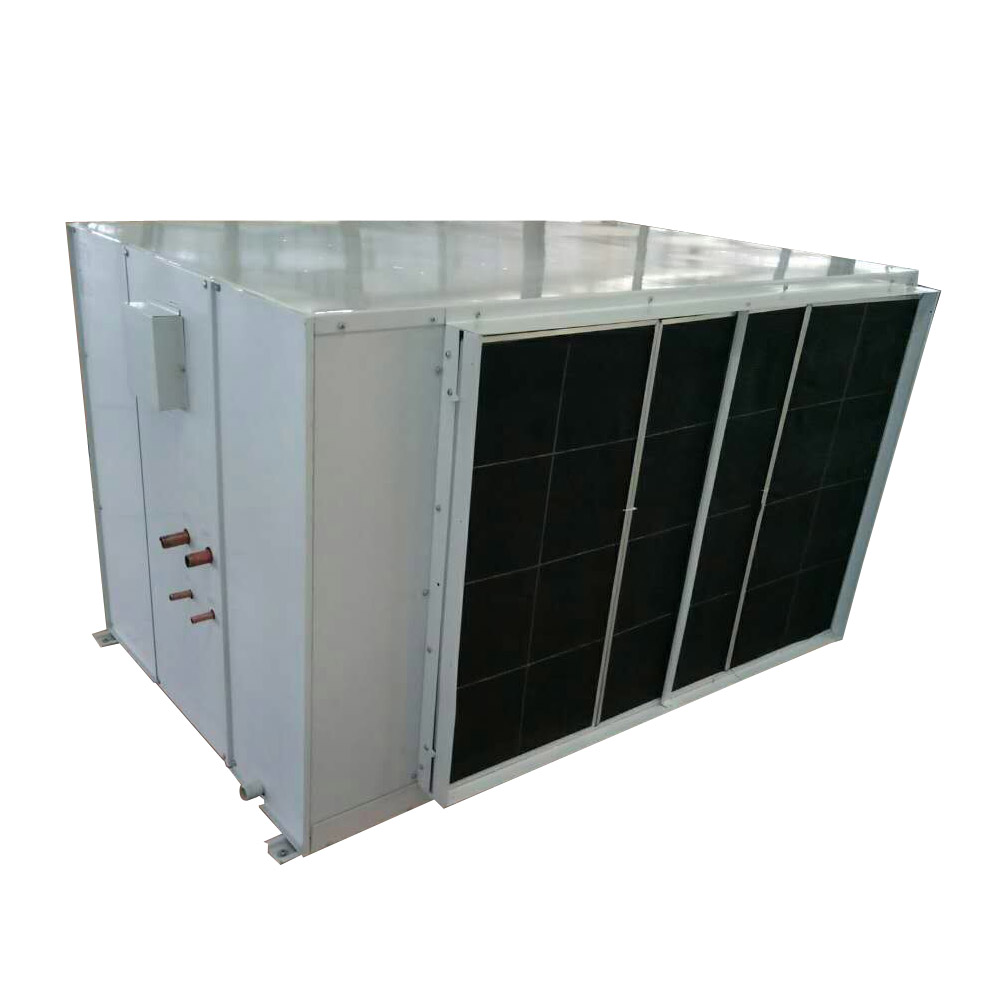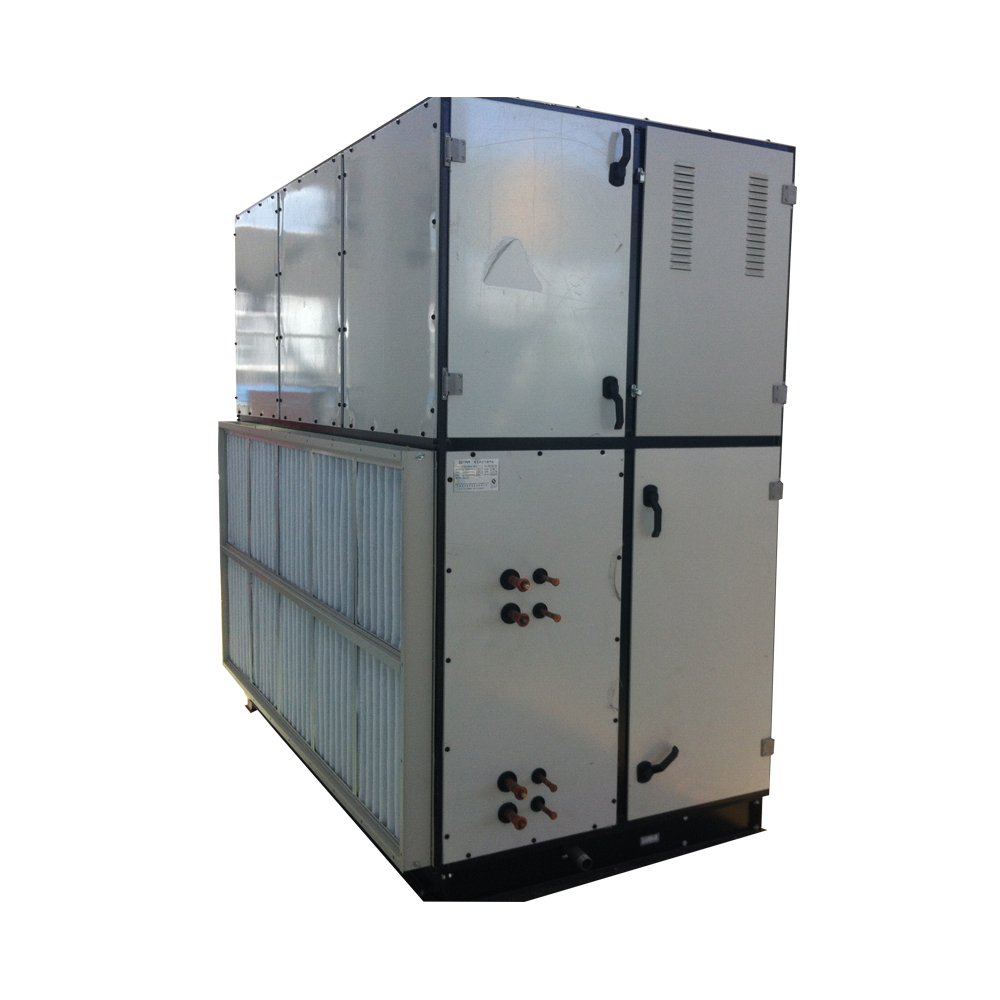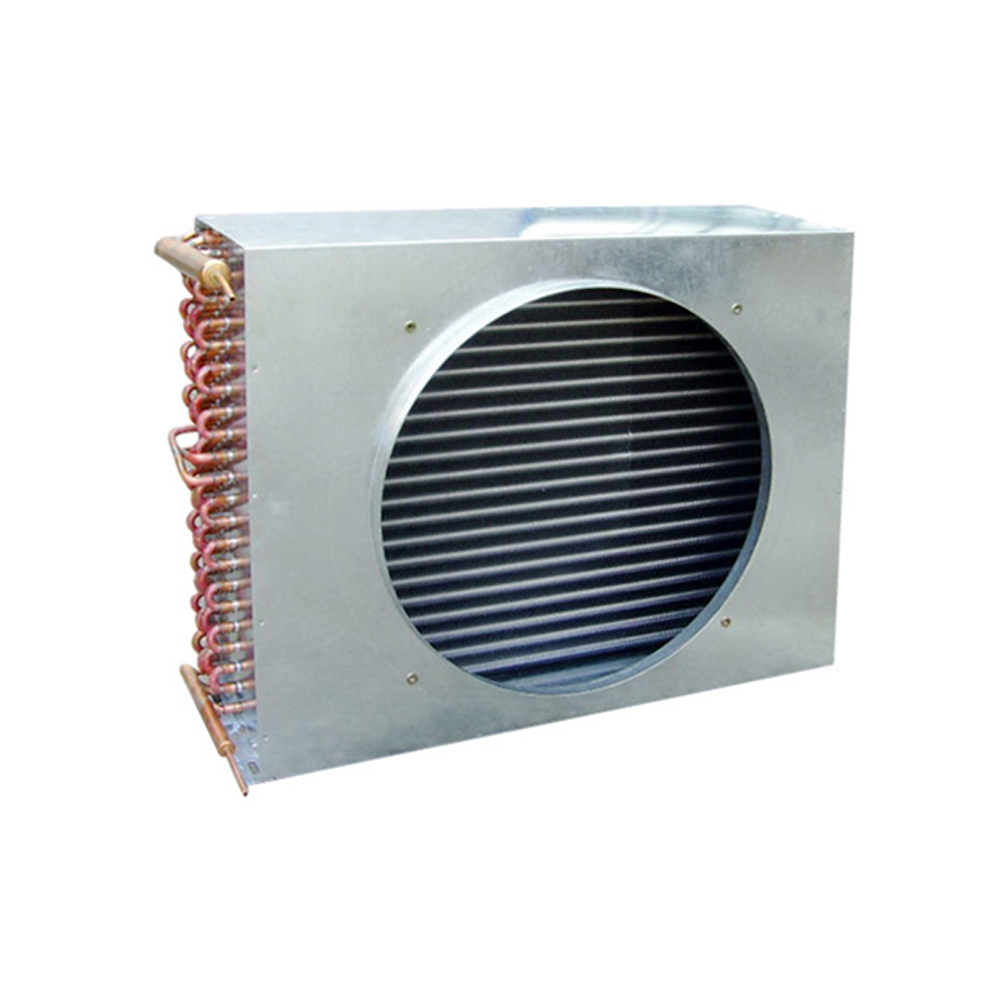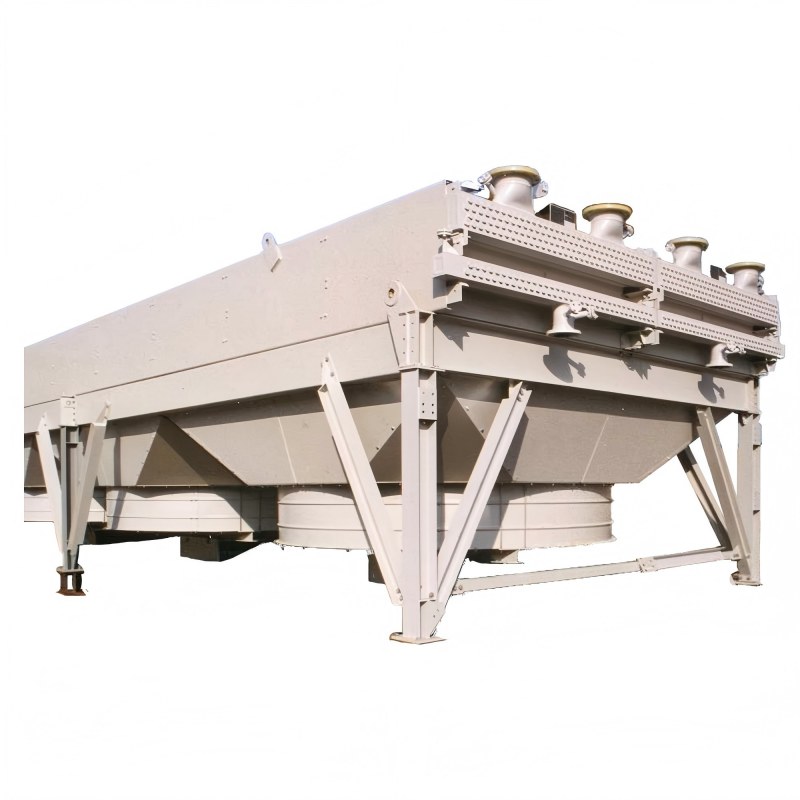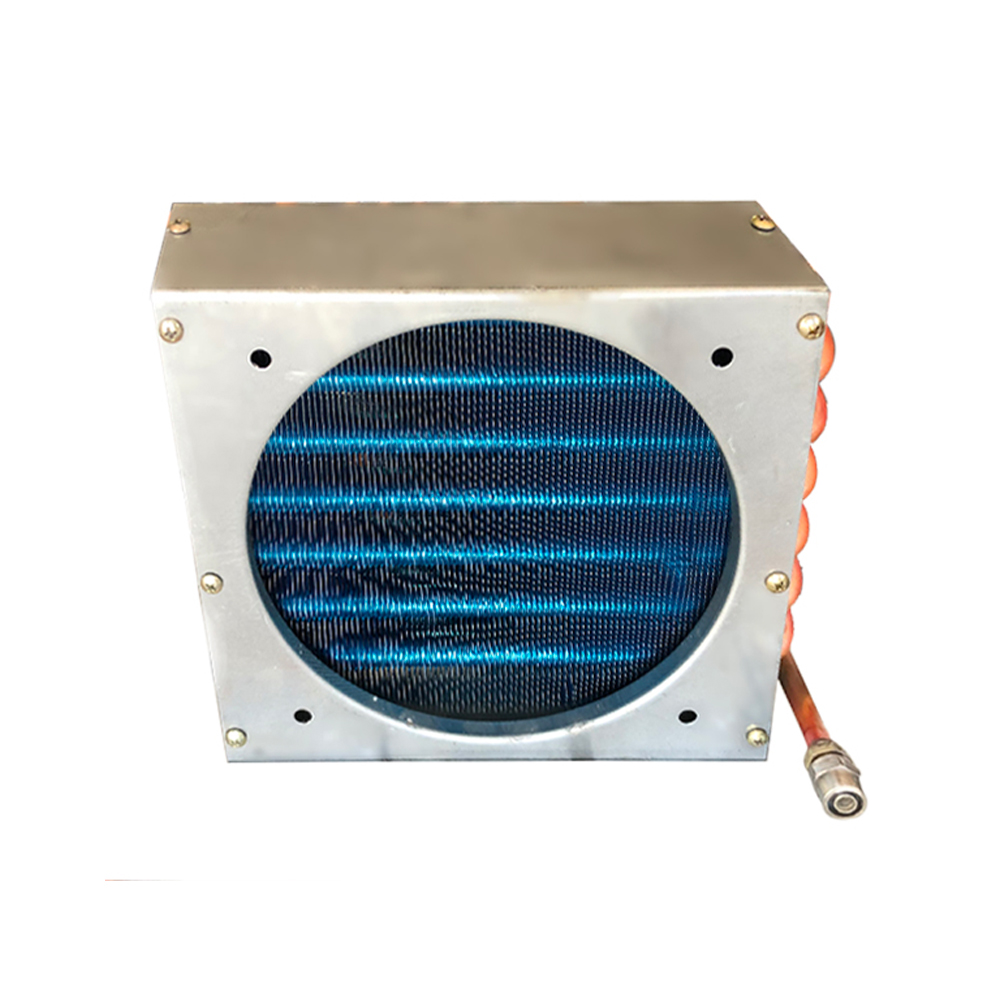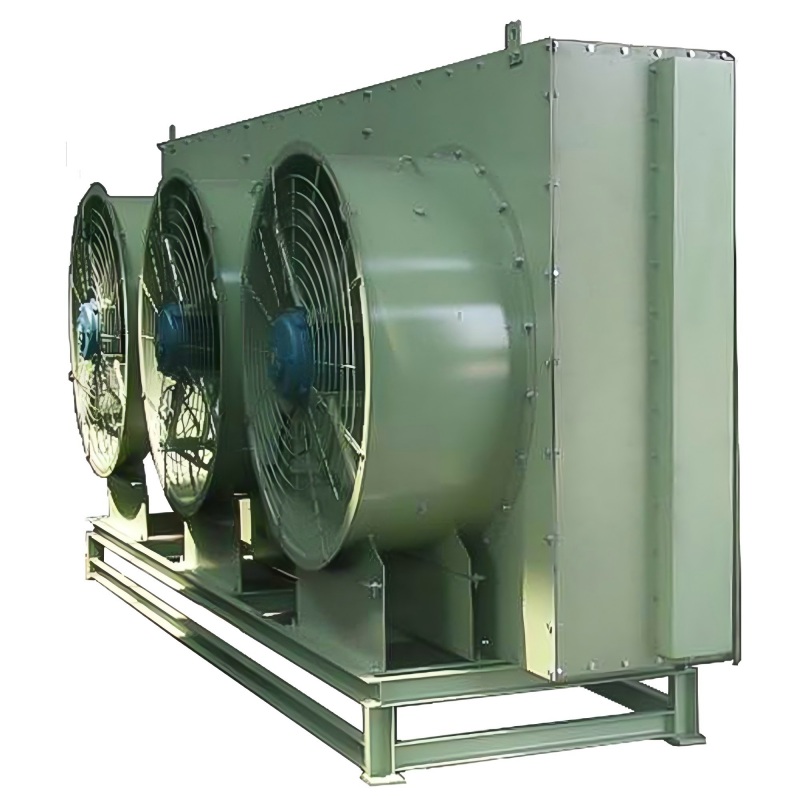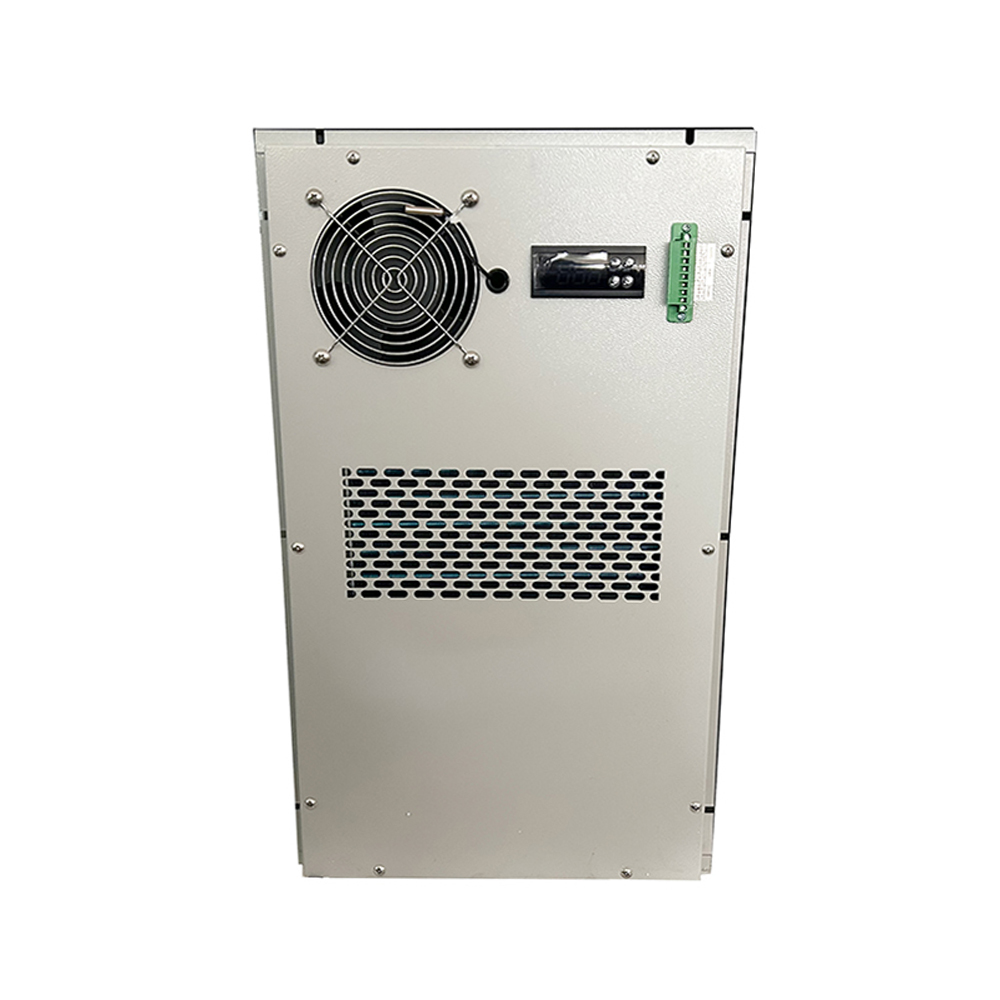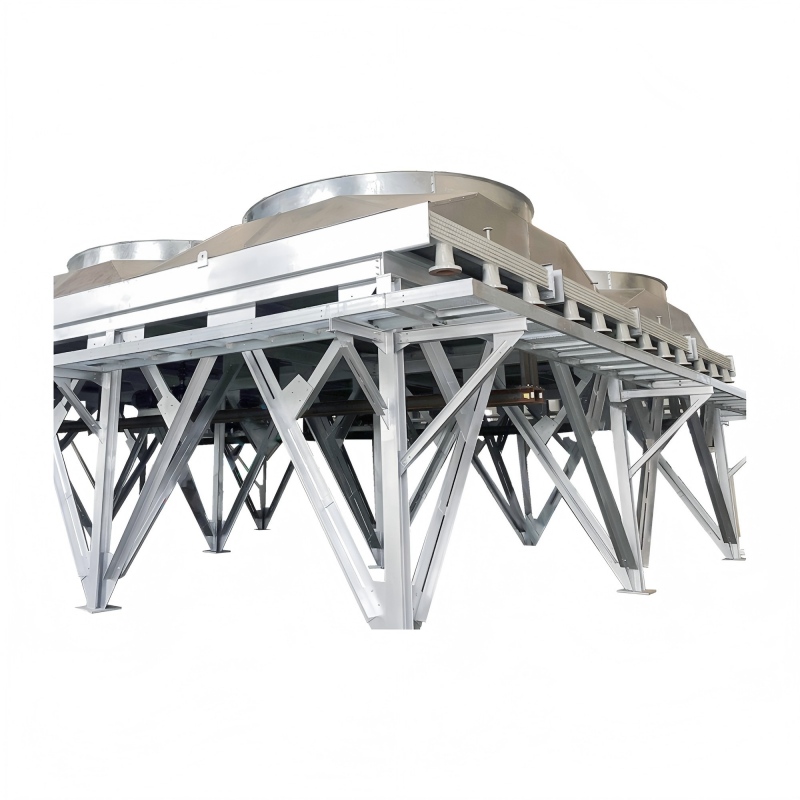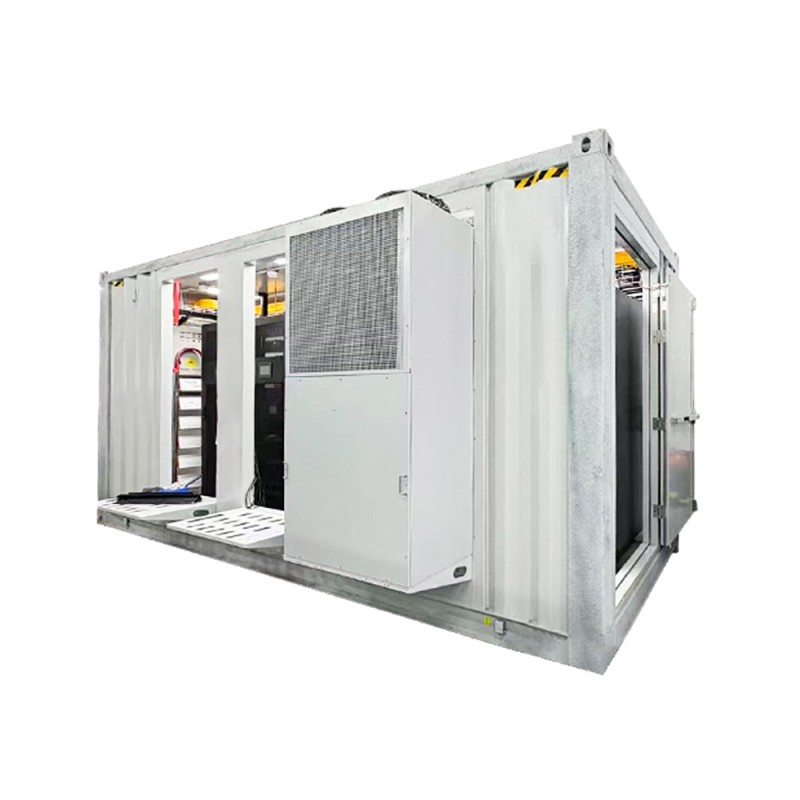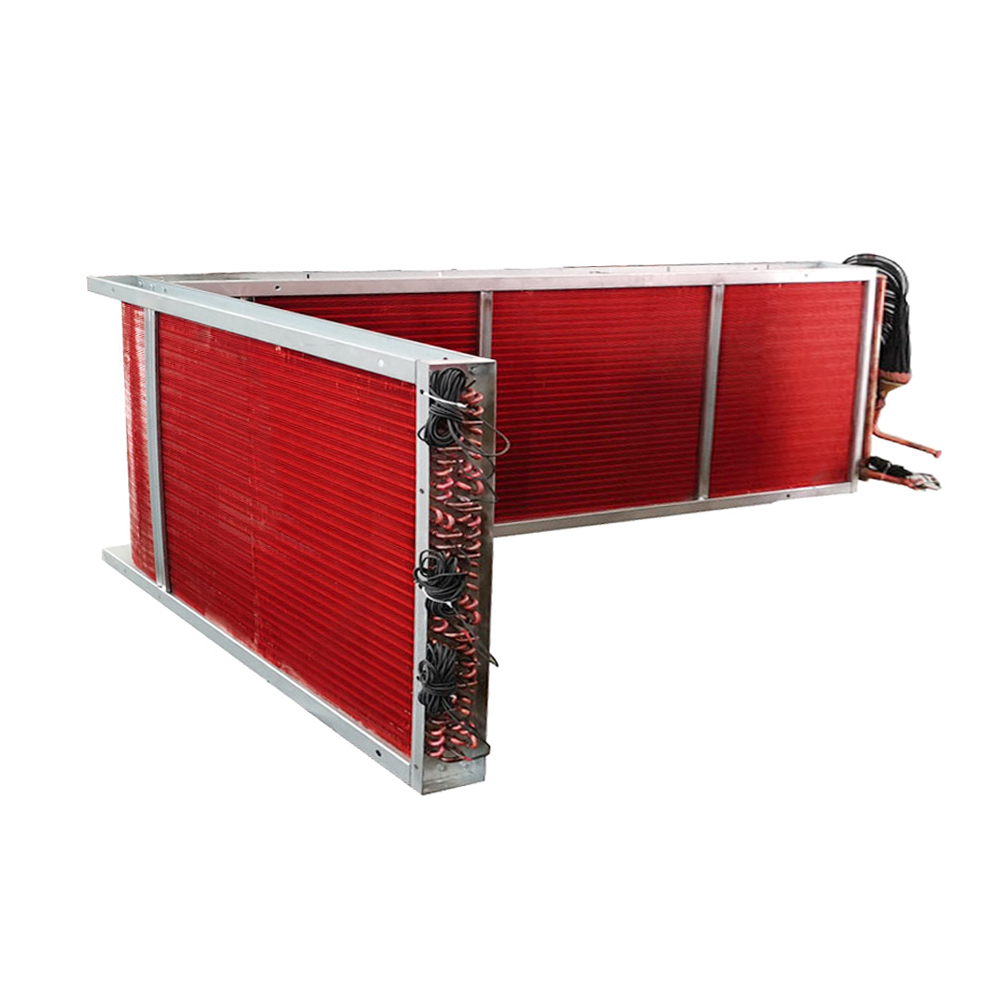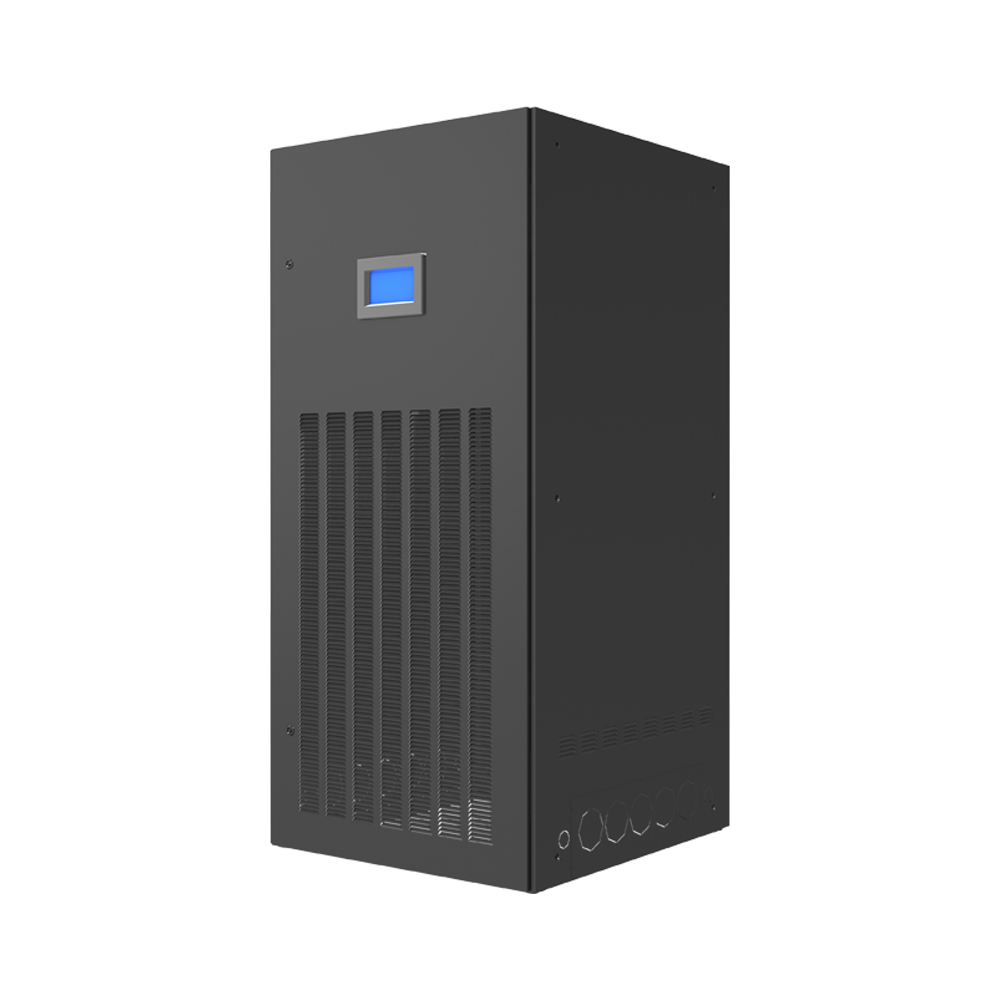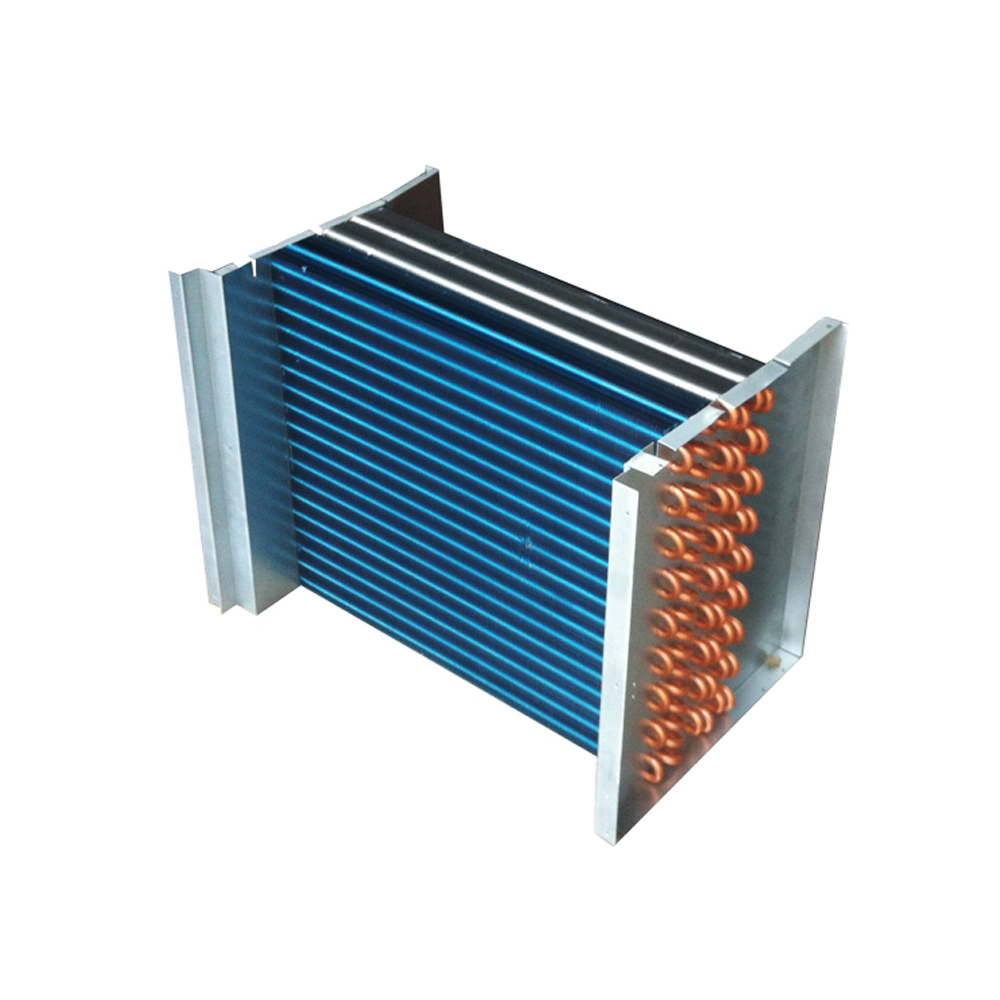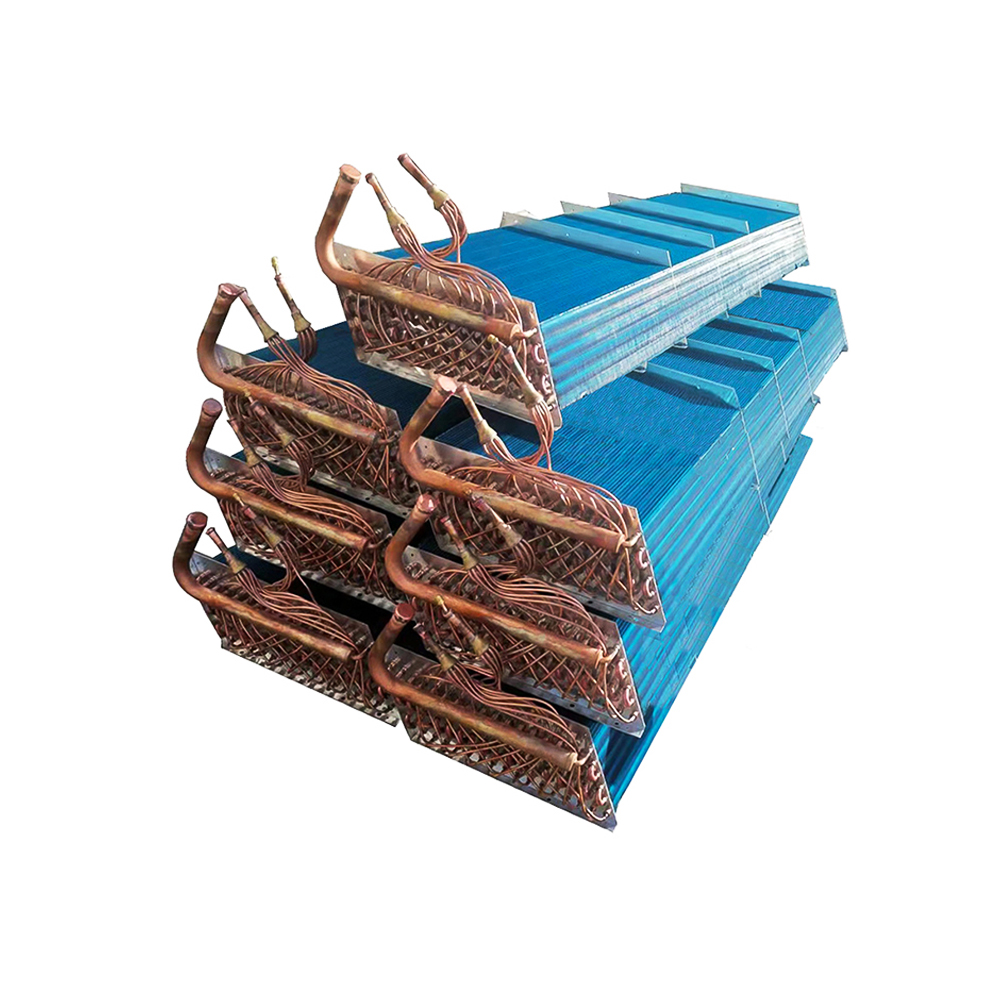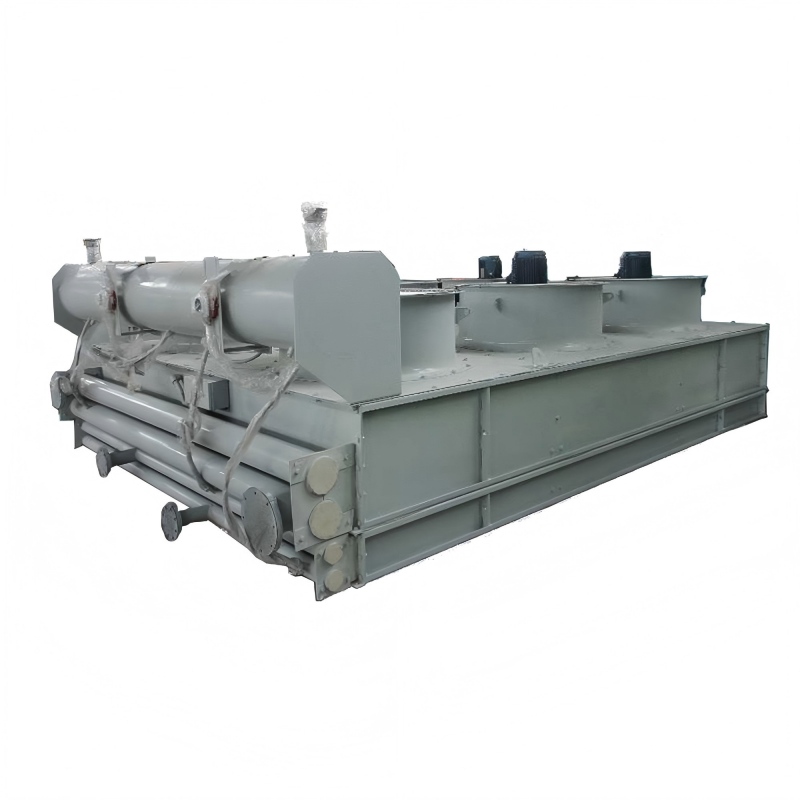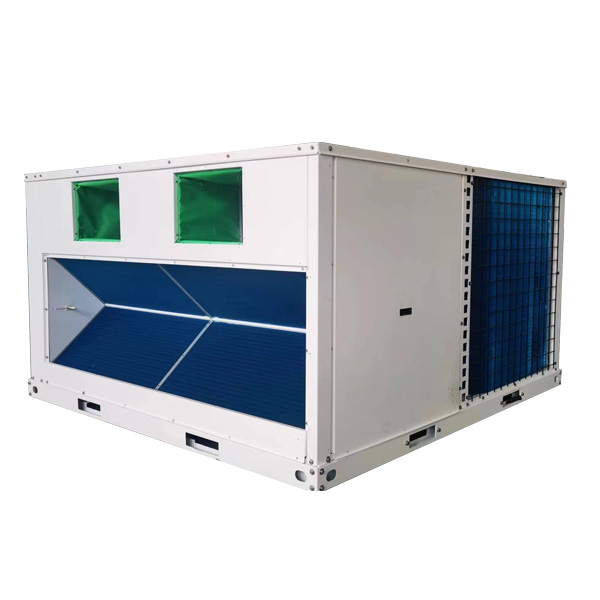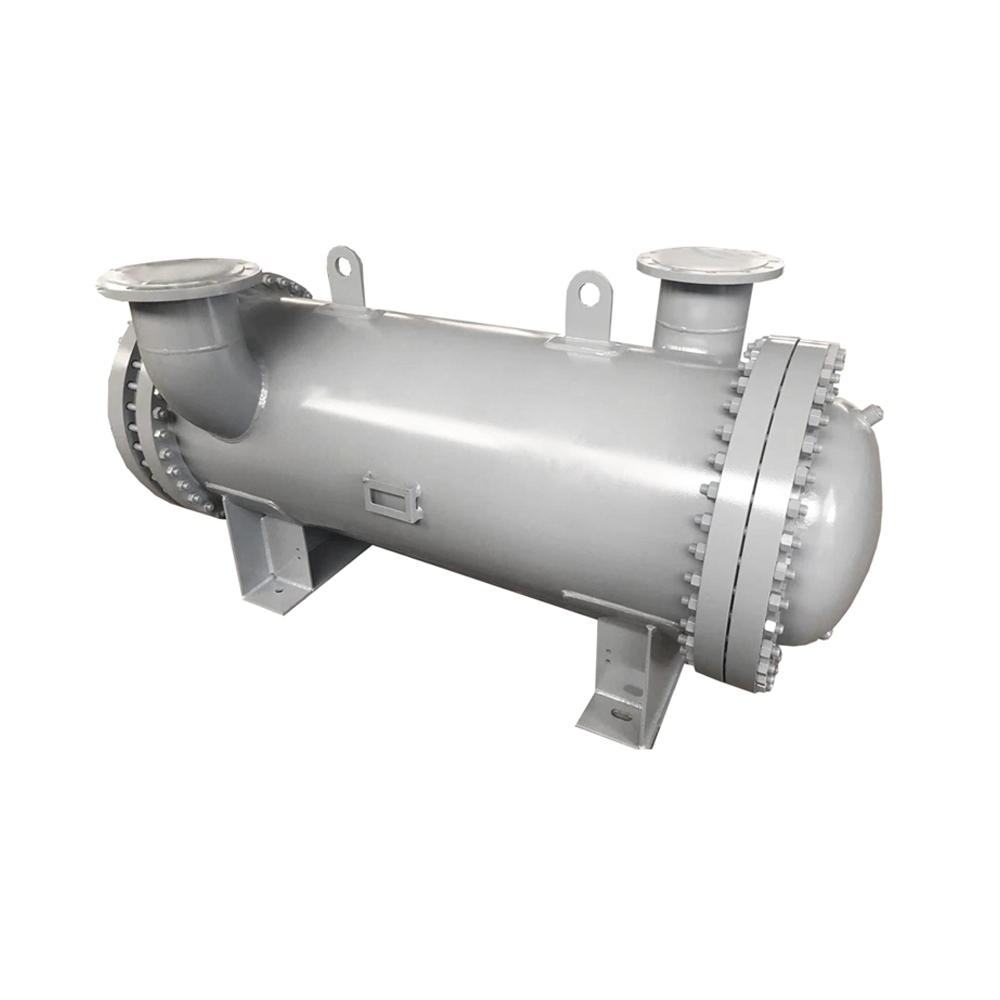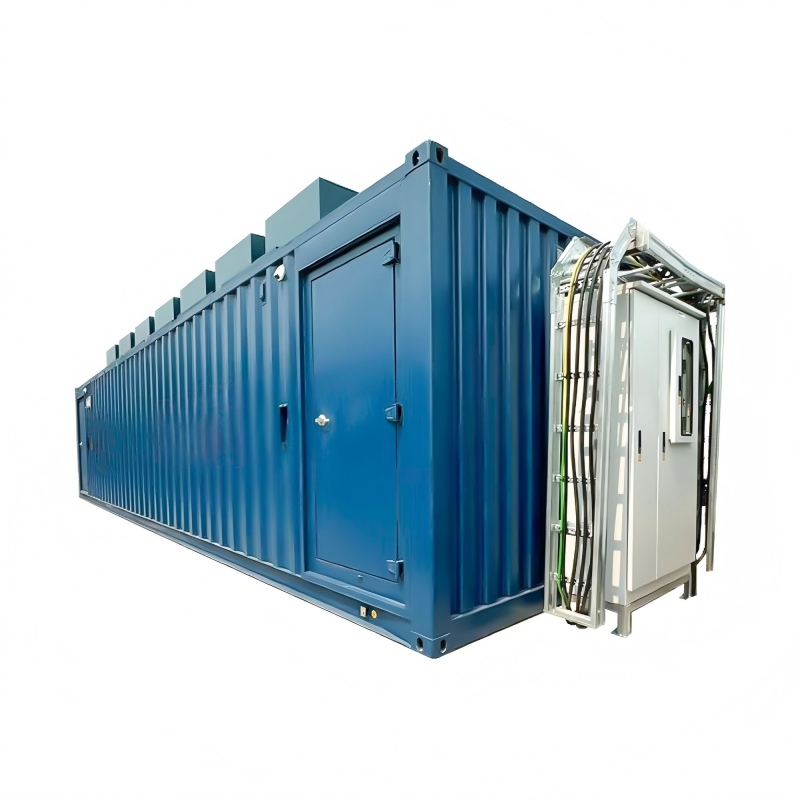Designing and manufacturing efficient and reliable cooling systems often hinges on the selection of the right evaporator coil. For many applications, a standard, off-the-shelf coil simply won't suffice. This is where OEM custom evaporator coils come into play, offering tailored solutions to meet unique performance requirements and space constraints. This comprehensive guide will delve into the intricacies of OEM custom evaporator coils, providing valuable insights for engineers, designers, and procurement professionals.
Understanding the Basics of Evaporator Coils
Evaporator coils are essential components in refrigeration and air conditioning systems. They facilitate heat transfer by absorbing heat from the surrounding environment and evaporating a refrigerant. The efficiency of this process directly impacts the overall system's performance. The design of an evaporator coil is crucial, influencing factors like refrigerant flow, heat transfer area, and pressure drop.
Key Design Considerations for OEM Custom Evaporator Coils
When specifying OEM custom evaporator coils, several key factors must be considered:
- Refrigerant Type: The choice of refrigerant dictates the coil's material and design to ensure compatibility and optimal performance.
- Capacity and Efficiency: The coil must be sized to meet the required cooling capacity while maintaining high energy efficiency. This often involves careful consideration of factors like air flow, coil surface area, and fin density.
- Space Constraints: In many applications, space is a premium. OEM custom evaporator coils allow for designs that fit within restricted areas.
- Material Selection: Materials like copper, aluminum, and various alloys are used, each with its own properties impacting cost, corrosion resistance, and heat transfer capabilities.
- Fin Type and Density: Fin design significantly affects heat transfer efficiency. Different fin types and densities can be optimized for specific applications.
Manufacturing Processes for OEM Custom Evaporator Coils
The manufacturing of OEM custom evaporator coils is a precise process involving several steps, including:
- Tube Bending and Forming: Precise bending of the tubes is critical for efficient refrigerant flow and heat transfer.
- Fin Attachment: Fins are attached to the tubes using various methods such as brazing, mechanical expansion, or adhesive bonding.
- Leak Testing: Rigorous testing ensures the absence of leaks to prevent refrigerant loss and maintain system integrity.
- Quality Control: Throughout the manufacturing process, strict quality control measures are implemented to ensure the coils meet the specified standards.
Applications of OEM Custom Evaporator Coils
OEM custom evaporator coils find applications in diverse industries, including:
- HVAC Systems: Commercial and industrial air conditioning and refrigeration systems often benefit from customized coils designed for specific space and performance needs.
- Food and Beverage: Maintaining precise temperature control in food processing and storage requires tailored evaporator coils.
- Pharmaceutical: The stringent temperature requirements in pharmaceutical manufacturing necessitate precise cooling solutions achievable with custom coils.
- Data Centers: Cooling large numbers of servers in data centers demands high-efficiency evaporator coils, often customized for optimal airflow and heat dissipation.
Selecting the Right OEM Custom Evaporator Coil
Choosing the appropriate OEM custom evaporator coils involves careful consideration of the application's unique requirements. Collaborating with a reputable manufacturer, such as Shanghai SHENGLIN M&E Technology Co.,Ltd, is crucial for ensuring a successful outcome. Their expertise in designing and manufacturing custom coils can lead to improved efficiency and reduced operational costs.
Comparison of Different Coil Materials
| Material | Advantages | Disadvantages |
| Copper | Excellent heat transfer, high durability | Higher cost |
| Aluminum | Lightweight, good heat transfer, cost-effective | Lower durability compared to copper |
Remember, selecting the optimal OEM custom evaporator coils requires careful analysis of your specific application needs and close collaboration with a specialized manufacturer. This guide provides a solid foundation for understanding the process and making informed decisions.









